How Domestic Sewer Treatment Plants Improve Home Wastewater Management
In today's world, managing wastewater efficiently has become a critical issue for homeowners, particularly those in rural or remote areas not connected to municipal sewage systems. Domestic sewer treatment plants, also known as home wastewater treatment systems, offer an eco-friendly and effective solution for handling household sewage. These systems help convert wastewater into treated water that can be safely released into the environment or even reused in some cases.
In this blog, we will explore how domestic sewer treatment plants improve home wastewater management and the key features that make them a smart choice for modern homes.
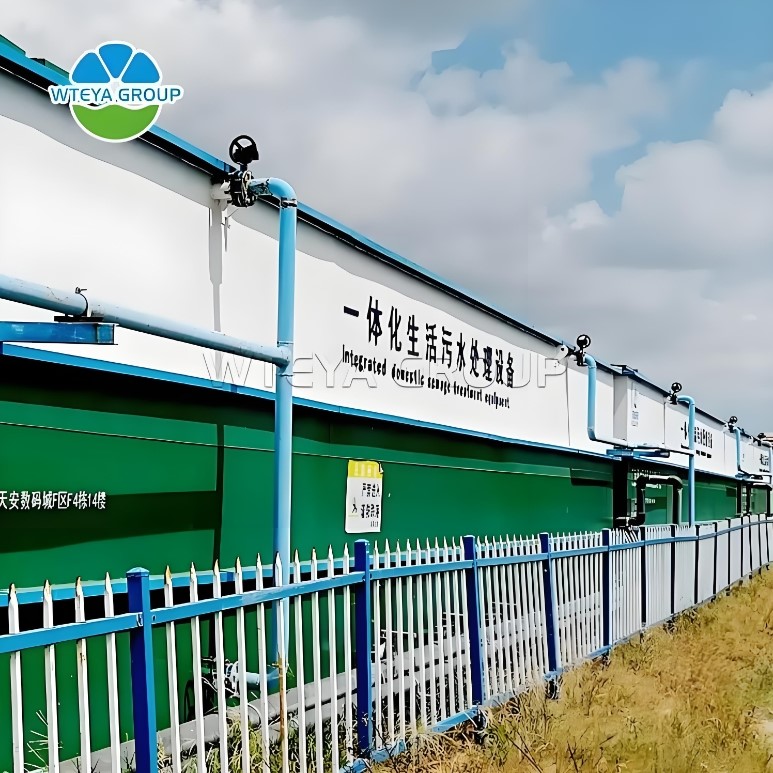
1. Eco-Friendly Wastewater Disposal
One of the most significant advantages of domestic sewer treatment plants is their environmentally friendly approach to managing wastewater. Traditional septic tanks, while commonly used, often require regular maintenance and can pose risks to the environment if they leak or overflow. Domestic sewer treatment plants, on the other hand, use advanced biological processes to treat sewage, reducing harmful pollutants and protecting local ecosystems.
Key Features:
Biological filtration: These systems often rely on natural bacteria to break down waste, turning harmful substances into harmless byproducts like carbon dioxide and water.
Low impact on soil and groundwater: Unlike traditional septic systems that can contaminate the ground, treated water from domestic sewer plants is safe to discharge into the environment, reducing the risk of pollution.
With a domestic treatment plant, your household will contribute less to water contamination, preserving local rivers, lakes, and groundwater supplies.
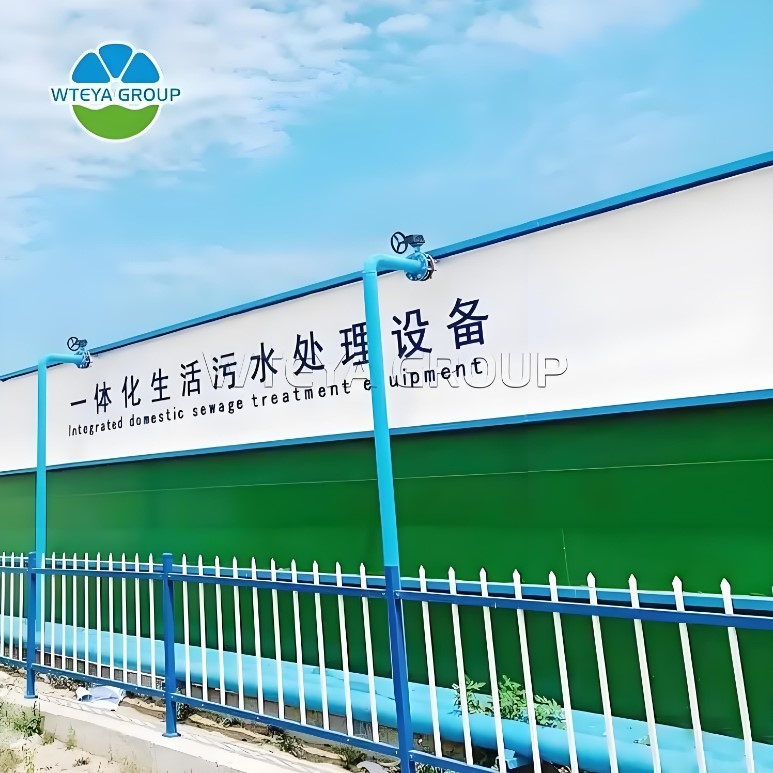
2. Enhanced Water Recycling Capabilities
A standout feature of modern domestic sewer treatment plants is their ability to recycle water. Some systems are designed to treat greywater, which is water from sinks, showers, and washing machines. Once treated, this water can be reused for non-potable purposes, such as irrigation, flushing toilets, or even washing cars.
Key Features:
Greywater treatment: Advanced filtration processes allow homeowners to recycle water from daily use, significantly reducing the amount of freshwater needed for household tasks.
Water conservation: By recycling treated wastewater, households can save substantial amounts of water, which is especially important in drought-prone areas.
This recycling ability helps reduce water bills and promotes sustainable water usage within the home, making these systems particularly valuable in regions with water scarcity.
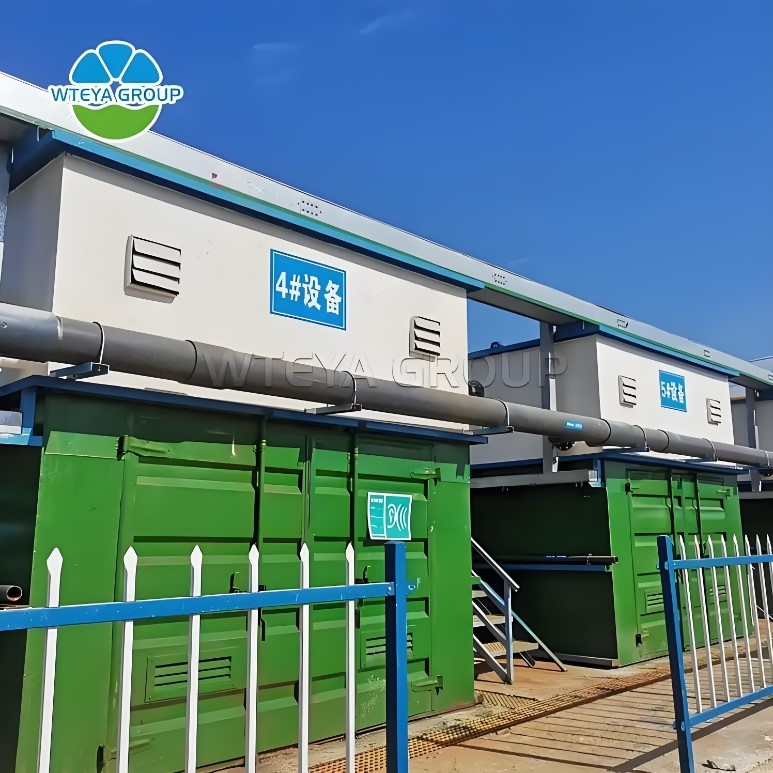
3. Cost-effective and Long-Term Savings
While installing a domestic sewer treatment plant may involve a higher initial cost than traditional septic systems, the long-term savings can make it a worthwhile investment. With fewer maintenance issues, no need for regular pumping, and the potential for water recycling, homeowners can save significantly on both utility and maintenance costs over time.
Key Features:
Lower maintenance costs: These systems require less frequent servicing compared to septic tanks and regular check-ups usually involve simple inspections rather than costly repairs.
Reduced utility bills: By reusing treated water, households can cut down on their water bills, leading to considerable savings over the years.
Investing in a domestic sewer treatment plant can provide both environmental and financial benefits, making it a practical solution for homeowners looking to reduce long-term expenses.
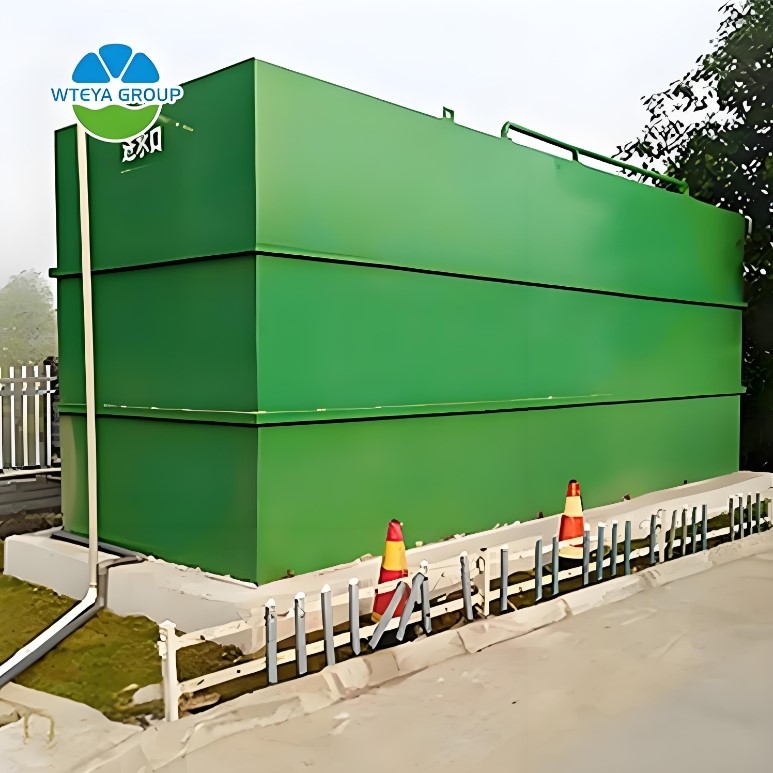
4. Adaptability for Different Home Sizes and Needs
Domestic sewer treatment plants come in a variety of sizes and models, making them adaptable for households of all sizes. Whether you're managing wastewater for a small home or a large estate, there is a treatment system designed to fit your needs. Additionally, these systems can be customized depending on the type of wastewater being treated, whether it’s greywater, blackwater (toilet waste), or both.
Key Features:
Scalable designs: Treatment plants can be scaled to handle different levels of wastewater production, ensuring that your system can efficiently manage your household’s waste output.
Tailored solutions: Many treatment plants offer specialized options for greywater or blackwater management, giving homeowners flexibility based on their preferences and local regulations.
With customizable options, domestic sewer treatment plants offer tailored solutions for homes of any size, ensuring efficient and reliable wastewater management no matter the household’s needs.
5. Improved Home Health and Hygiene
Domestic sewer treatment plants significantly improve the sanitation and hygiene of your home. Traditional septic tanks can overflow or leak, leading to unpleasant odors and potential health hazards. Treatment plants, on the other hand, are designed to prevent such problems by efficiently processing and treating sewage before it becomes a problem.
Key Features:
Odor control: Advanced filtration and treatment processes help eliminate foul odors, ensuring a fresh and clean environment around your home.
Reduced risk of contamination: Properly treated wastewater minimizes the risk of exposure to harmful pathogens, promoting a healthier living space for you and your family.
By ensuring that wastewater is safely processed and treated, domestic sewer treatment plants help protect the health of your household and reduce the risk of contamination.
6. Compliance with Environmental Regulations
Another major benefit of domestic sewer treatment plants is their ability to help homeowners comply with local and national environmental regulations. In many areas, outdated septic systems may no longer meet modern standards, requiring homeowners to upgrade to a more efficient and eco-friendly solution. Installing a domestic sewer treatment plant not only ensures compliance but also helps reduce your environmental footprint.
Key Features:
Regulatory compliance: These systems meet modern environmental standards for wastewater disposal, ensuring that your home adheres to local laws and regulations.
Reduced environmental impact: By treating and recycling wastewater, domestic sewer treatment plants contribute to sustainability and help reduce your home’s overall ecological impact.
With strict environmental regulations becoming more common, upgrading to a treatment plant can help you stay compliant while benefiting from improved efficiency and performance.
7. Reliability and Durability
Domestic sewer treatment plants are built to last, with many systems designed for decades of reliable service. Compared to traditional septic systems, which can be prone to blockages, leaks, and overflows, domestic sewer plants are engineered for durability and consistent performance, ensuring that your wastewater management system remains trouble-free for years.
Key Features:
Robust construction: Made from high-quality materials, these treatment plants are built to withstand the elements and continue functioning smoothly even in harsh conditions.
Long lifespan: Many treatment systems are designed to last 20 years or more with minimal maintenance, providing homeowners with peace of mind and a long-term solution for their wastewater needs.
With their long lifespan and low maintenance requirements, domestic sewer treatment plants offer a dependable solution for managing household wastewater efficiently.
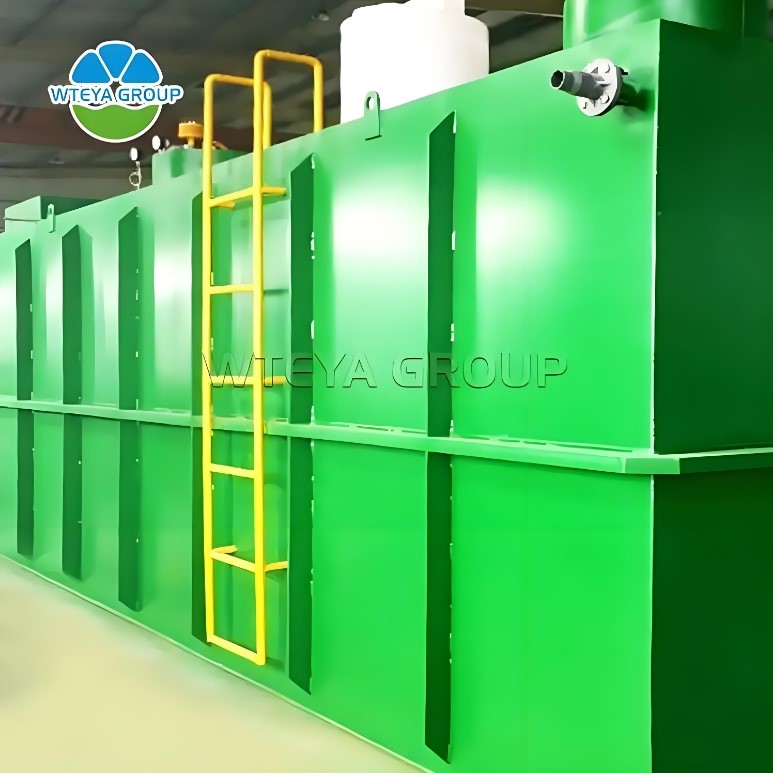
Conclusion
Domestic sewer treatment plants represent a significant advancement in home wastewater management. With their eco-friendly design, water recycling capabilities, long-term cost savings, and improved home health benefits, they provide a comprehensive solution to handle household sewage efficiently and sustainably. Whether you’re looking to upgrade your current septic system or install a new solution, these treatment plants offer a reliable and environmentally friendly option for your home.
By investing in a domestic sewer treatment plant, you’re not only improving the hygiene and safety of your home but also contributing to water conservation and environmental protection. With customizable options to fit your household’s needs, these systems offer flexibility, efficiency, and peace of mind for homeowners looking to manage wastewater more effectively.







